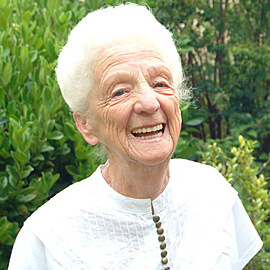An appointment of enduring guardian gives a nominated person the authority to make personal or lifestyle decisions on someone's behalf - an authority a power of attorney cannot give.
David: "While a power of attorney is confined to making financial decisions for you, an appointment of enduring guardian enables the appointee to make lifestyle decisions for you - involving what kind of accommodation you live in, what kind of nursing and medical care you get, what kind of minor procedures such as dental care are carried out, and so on."
"I take the view that if you have a strong family unit, and your spouse and children know what you want and what sort of medical care you will need, then you probably don't need an enduring guardian. But if you are a person that lives on your own or has no immediate family, you might find yourself at the mercy of a beneficiary that might want you to pop off sooner rather than later, meaning you might not receive the care that you need. If you have that document, you have the power to see to these things."
"You may have heard of a recent, well-publicised case in the US which illustrates the importance of choosing a guardian. Terry Schiavo was in a serious accident which left her in a coma. Her husband accepted medical advice that she could not recover and agreed that her life-support should be switched off. The woman's elderly parents did not accept that medical advice, and fought in the courts for several years to keep her alive. The courts finally ordered that the life-support should cease."






